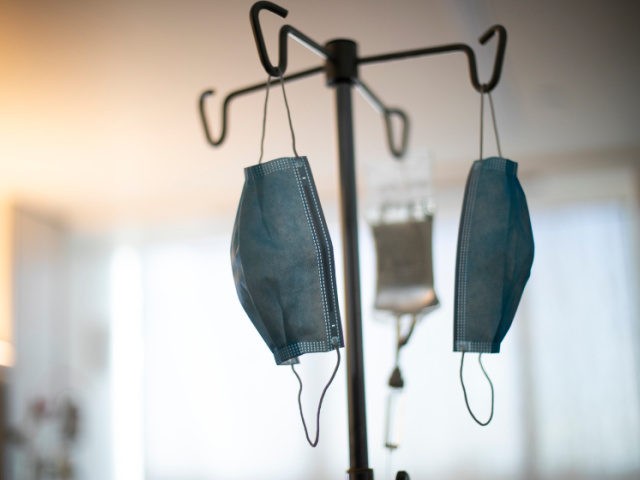Minnesota removed race as a factor for deciding which coronavirus patients receive monoclonal antibody treatments, the Star Tribune reported Thursday.
The treatments are outpatient infusions meant to reduce a person’s risk of severe illness and hospitalization, according to the article:
Updated rationing guidance on Wednesday prioritizes infusions when they are in short supply for people who are immunocompromised or pregnant. It also gives preference to people who are older or have underlying conditions that increase their risk for severe COVID-19, but it switched to a scoring system that no longer considers race.
State leaders had been planning revisions because of the scarcity of monoclonal antibodies that was exacerbated last month when providers stopped using two of three versions because they weren’t effective against the omicron variant.
The policy change happened the same day a conservative advocacy group, America First Legal (AFL), threatened to sue the state and Utah, claiming their racial preference policies appeared unfair:
The health departments in Utah and Minnesota could face potential discrimination lawsuits after they issued guidance…
Posted by America First Legal on Thursday, January 13, 2022
Letters recently sent by AFL alleged the states broke federal law through “blatant discrimination,” Fox News reported Thursday.
“A document dated Wednesday shows Minnesota citing federal guidance from the Food and Drug Administration stating that race and ethnicity were relevant factors,” the outlet said.
As of Monday, in a section titled “What allocation decisions should not consider or be based upon,” the document cited read:
Race; ethnicity; gender; gender identity; sexual orientation or preference; religion; citizenship or immigration status; or socioeconomic status (this does not limit consideration of factors that data indicate are associated with heightened risks of progression to severe COVID-19 when assessing individual patient prognosis).
Minnesota’s rationing directions have changed more than once, the Tribune report said, adding, “In July, the Food and Drug Administration considered it ethically appropriate to prioritize racial minorities for antibody infusions.”
However, the Minnesota Department of Health in a recent statement did not offer insight into the timing or reason for the change but said it was reviewing policies to make sure “that communities that have been disproportionately impacted by COVID-19 have the support and resources they need.”

COMMENTS
Please let us know if you're having issues with commenting.